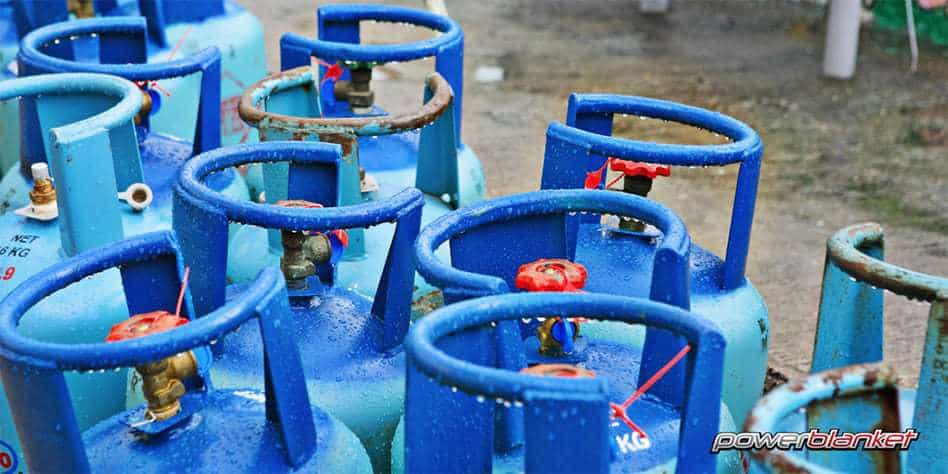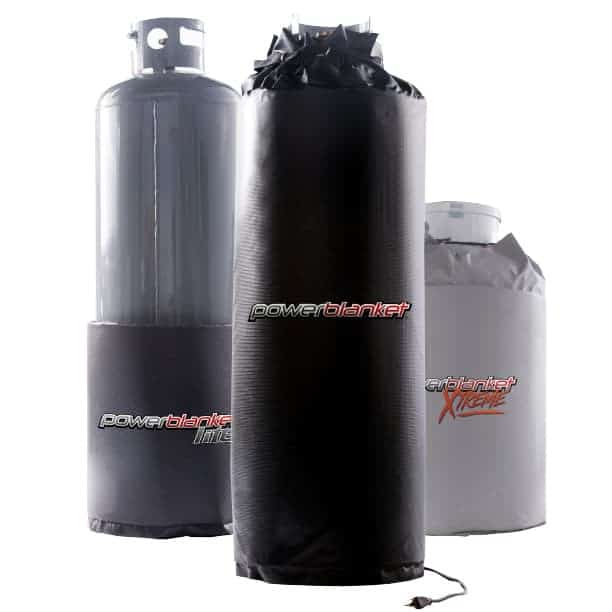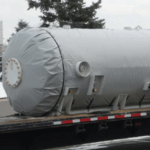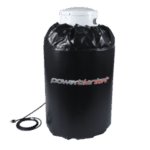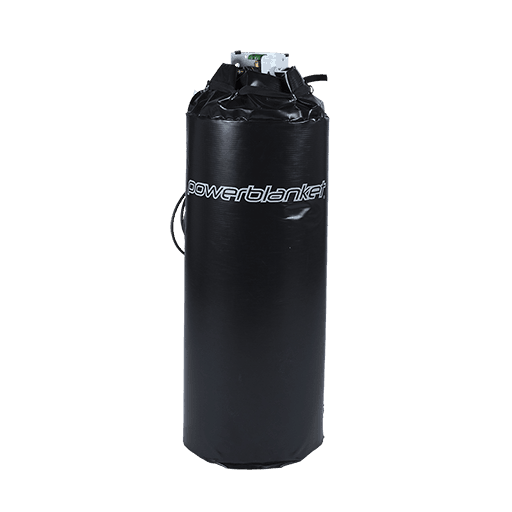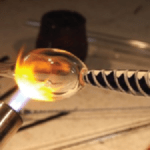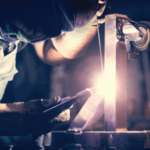Whether you’re a homeowner who relies on propane for heating, or a business leader who uses if for industrial purposes, propane is a versatile and important commodity. However, as helpful as propane is to us, we often overlook the need of caring for our propane tanks year round.
Propane Tank Maintenance
Propane is one of the most commonly used heat sources around the world. This is especially true in rural areas that don’t have a direct connection to natural gas lines. Propane tanks offer an affordable alternative to building expensive gas piping, though unlike natural gas lines, tanks must be regularly checked for wear and maintained to ensure it’s functioning effectively.
Tank Checklist
The most important part of using propane is safety. Holding regular checks for your propane equipment is a best practice, and will help mitigate leaks or dangerous situations. It’s wise to have a list of things to check for when looking for signs of wear on your propane tank, such as the following:
- How much propane remains in your tank
- To check propane level, slowly pour a glass of hot (not boiling) water on one side of the tank. You should see condensation appear on the tank. The highest part of the tank with condensation is where the liquid propane is inside the tank.
- Check for leaks
- It’s important that checking for leaks is a part of every inspection you do to your gas system. To discover a leak, pour a mix of warm, soapy water on the tank and gas lines. If there is a leak, bubbles will appear.
- Make sure propane is on level ground
- Propane tanks that sit on the ground are always at risk for tipping over. Check the dirt below and around the tank for settling or an increase in moisture.
- Confirm the concrete that the tank is sitting on is in good condition. Chipping or flaking is a sign of deterioration, which could lead to an unstable base.
- Ensure that wood is not rotting or molding. The weight of the propane tank on a wooden base will shorten the time leading to a collapse.
- Damaged or missing valves, indicators, dials or controls
- It is not safe to operate any propane equipment that has damaged or unusable parts.
- Kinks in gas line
- Corroded equipment
- Soot accumulation
- Soot is a sign that the propane gas isn’t operating correctly.
- Proper ventilation
- Do not use propane tanks in places where ventilation is limited. Always make sure there is a good flow of air in order to prevent buildup of gas in the event of a leak. Propane gas is heavier than air, so if there is a leak you might not know about it until a substantial amount has filled the storage space.
- The best practice for proper ventilation is to always keep the propane tank outdoors.
Caring for Your Propane Tank
When it comes to caring for your propane storage, it’s imperative that you have a working knowledge of your tank and all the potential threats that could impede its proper functionality. Understanding the warning signs of a damaged or inefficient tank is important, not only for reasons of economical operation, but for the safety of all involved.
Tank Safety
Several factors play into the safe and efficient operation of any size propane tank. These factors include, but aren’t limited to:
- Shutting off valves when the tank is not in use
- Keeping reserve tanks at a minimum
- Not leaving portable propane tanks inside a vehicle
- Securing portable tanks properly
- Replacing weathered and/or worn canisters
Propane in the Cold 
Operating propane tanks in cold environments requires additional measures to ensure efficiency and safe usage. Cold temperatures can reduce the pressure of propane in the tank, causing it to evaporate even when not in use. When delivery of propane can be hampered by winter weather, having enough propane on hand to make it through is critical.
Powerblanket offers propane tank heaters to maintain a constant temperature on the tank. These heating blankets allow tank pressure to remain unchanged no matter how low temperatures drop. Using a heated gas delivery system makes all the difference when the ability to heat your home or business is on the line.
Propane tank heaters also increase safety usage when operating propane tanks. When the weather gets cold, it may be tempting to bring your tank indoors to help keep it warm. This is highly unsafe, and is never recommended. Instead, use a propane tank heating blanket to heat your tank safely in its outdoor environment.
Stay in the Know
Knowing how to properly manage all these aspects of propane storage and usage is very important, but there are many other factors to consider as well. Matters such as storage, setup, protection, government regulations, and the warning signs of hazardous circumstances are imperative to good propane use.
For more information on how to care for your propane and the tank in which you keep it, call Powerblanket at 866.945.4203 or email [email protected].
Keep your propane tanks at the perfect pressure with Powerblanket.


